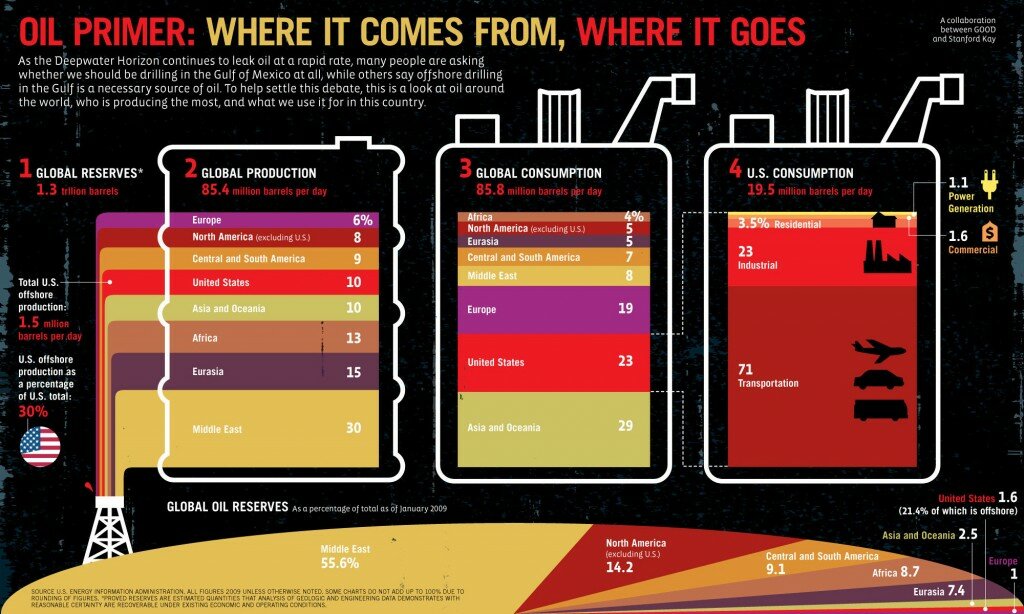Jeff Wolfe featured in SPI Promo Video
Posted By: Amanda Gillen
Date: July 27th, 2010
Category: General Interest
Tags: groSolar, Jeff Wolfe, Solar Power International, SPI
Posted By: Amanda Gillen
Date: July 27th, 2010
Category: General Interest
Tags: groSolar, Jeff Wolfe, Solar Power International, SPI
Posted By: Amanda Gillen
Date: July 21st, 2010
Category: General Interest
Tags: Farm-Way, groSolar, solar deer, wildlife and solar
Look closely at the photo below…

This pic was taken by our friends at Farm-Way showing a deer checking out their solar array. No noise, no pollution – it’s a natural fit for the environment.
Posted By: Amanda Gillen
Date: July 20th, 2010
Category: Events
This from our friend Ann Pounds at Welcome Neighbor in Pennsylvania.
” What a nice surprise we had at the Iron Hill Criterium last Saturday night to see the groSolar tent and these great guys preparing for the race. They were really nice and very appreciative that you are sponsoring them.”

Posted By: Jeff Wolfe
Date: July 19th, 2010
Category: Climate Change
There is no denying it – what happened last December in Copenhagen was disappointing. But although only a weak, non-binding agreement emerged from COP 15, the struggle for climate legislation is by no means over. In fact, as we watch more than 200,000 gallons of oil spill each day into the Gulf of Mexico, we have more proof than ever that we must continue the struggle.
Preparations and negotiations are well underway for COP16, where the Gulf spill must be used as a worldwide example to show how action on climate protection through legislation and treaty can create a pathway to the benefits of reduced fossil fuel use. We must use the spill as momentum to agree to an outline this year of what will become a binding international treaty to be concluded and signed at COP17 in 2011, in South Africa.
Since more than 40,000 people from 194 countries and 832 NGOs attended COP15 in Copenhagen, and similar numbers are expected for COP16 in Cancún, it is clear that climate legislation is a worldwide priority.
Free Market Solutions Aren’t Enough
Why is there such a push for government legislation instead of privately funded action in the free market? We have seen the incredibly strong efforts of some businesses that are working to combat climate change through renewable energy, recycling technologies, energy efficient appliances and more. Why is this not enough?
One problem with the “free market” system in the U.S. is that it only provides incentives for individual companies to maximize profits. Relying on these often legally-defined short-term profits restricts companies from taking action against many areas of climate change unless government regulation requires it. There are many important initiatives that cannot be driven through profit motive, since the profit (either to businesses or consumers) is too far in the future.
The nature of the “free market” is such that innovation in business will only provide solutions for which there are direct financial incentives. These incentives are binding governmental legislation. With legislation, individual businesses could provide better safety for drilling and transport, and stronger prevention measures for pipeline spills. With the right incentives, they could provide the necessary push to drastically reduce our use of oil, which is the only real way to greatly reduce the likelihood of future spills.
Though the Gulf spill is attracting lots of media attention at the moment, it is not the only oil-related disaster, or even the largest. Since 1969, spills in Nigeria have dumped as much oil every single year as what was spilled in the 1989 Exxon Valdez spill, causing extreme environmental and social upheaval. Using climate legislation as a vehicle to assist moving the world off oil is crucial for Nigeria and other underdeveloped countries whose individuals will suffer the most from climate change and environmental issues, and yet do the least to cause them and have the fewest resources to pay for them.
We need a legally binding treaty that will force oil companies to have working spill clean-up and prevention technologies and other companies to look for ways to drastically reduce our dependence on oil. And we must start here in America, where public support is high as we watch the damages caused by the Gulf spill.
The Gulf spill provides a clear example of privatized profit and socialized risk: there is much more private money to be made in drilling for oil than in preventing or even cleaning up spills, meaning that no truly effective technology has been developed to stop and clean up the spill. (While BP may blame the failure of every single planned solution and failsafe on accidents, we know that the energy and money that went into spill prevention and clean up technologies was significantly less than what went into new drilling technologies.)
The spill is disastrous to the local ecology and economy, including the enormous fishing and tourism industries along the coast, which have completely shut down, putting thousands of people out of work. But while we work to help the suffering environment and industry, we must also use the force of public opinion as a push towards legislation. Climate legislation would put a price on carbon, helping America and the world lessen its reliance on oil and reducing the number of future oil-related disasters. It might also provide incentive for the private sector to create better clean-up and prevention technologies in case those disasters do occur.
Recent polls show American public opinion strongly in favor of decreasing our reliance on oil and fighting climate change. Yet, without a financial signal that something must be done, changing the practices of most American businesses is very difficult. While the American public does not necessarily follow their pocketbook, price signals help do shift business actions. Climate legislation, with a price on carbon, will provide the signal, the financial incentive, and the culture-driving motivation.
We cannot see the end of our reliance on oil as an impossible feat. We must see it as possible and necessary, but understand that we need government regulation to assist the free markets by providing proper market signals. It is not too late to end our dependence on oil and reverse climate change, but we must act now.
America must be a leader of the movement with national climate legislation that will pave the way for governments of the world to follow. We must spread the word about the importance of this legislation and the long-term benefits for our country and planet. We demand that our Senators and Congressmen work to place America in a position of positive leadership for the COP 16 conference, prepared to lead the rest of the world towards a binding international climate treaty.
Posted By: Amanda Gillen
Date: July 19th, 2010
Category: General Interest
groSolar is currently hard at work installing 177 kilowatts of solar PV modules at the North Conway Water Precinct. The 774 modules are combined with 16 geothermal wells to be one of Northern New England’s largest green energy projects. Here is a photo of the progress:

Posted By: Amanda Gillen
Yes, it’s true: Famous fictional oil-man J.R. Ewing has a new role promoting solar power. The New York Times reports on the announcement that Larry Hagman is taking on the role of Dallas oil tycoon J.R. Ewing once again to push for solar energy. As the article states:
Larry Hagman, the actor who played the scheming Texas oilman on the long-running (1978-1991) television show “Dallas,” is reprising his role as J. R. in an advertising campaign to promote solar energy and SolarWorld, a German photovoltaic module maker.
It turns out that Hagman has been using solar power at his home for a few years:
In real life, Mr. Hagman, 78, lives on an estate in the Southern California town of Ojai, where he installed a 94-kilowatt solar system, thought to be the world’s largest residential array, several years ago. The rooftop system, which includes SolarWorld panels, cost $750,000, although Mr. Hagman said he received a $310,000 rebate.

Posted By: Amanda Gillen
Date: July 15th, 2010
Category: Climate Change, General Interest
Tags: gro Solar, groSolar, oil consumption, oil usage

Posted By: Amanda Gillen
Date: July 8th, 2010
Category: General Interest
 The Solar Impulse, a solar powered aircraft has completed the first night flight using only solar power. The plane flew for more than 26 hours storing solar energy during the daylight hours and utilizing that stored solar energy at night to power the plane. Read the full article on Reuters.
The Solar Impulse, a solar powered aircraft has completed the first night flight using only solar power. The plane flew for more than 26 hours storing solar energy during the daylight hours and utilizing that stored solar energy at night to power the plane. Read the full article on Reuters.
This could be the future of air travel!
Posted By: Amanda Gillen
Date: July 1st, 2010
Category: General Interest
It’s amazing what innovative uses people can come up with for using solar cells. Students were tasked to experiment with dye-sensitized solar cells as part of the workshop “Sunny Memories”. See the full slideshow of ideas on the Treehugger site here. 